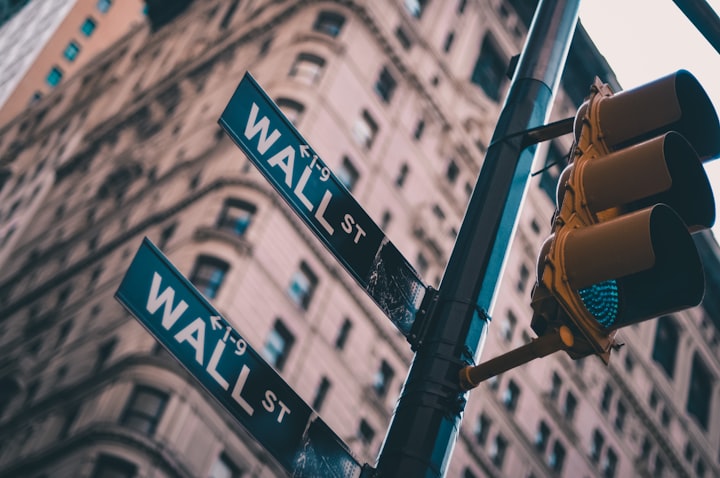The Wall Street
The Center of Financial Ingenuity and Influence
Introduction:
Wall Street is not just a mere eight-block-long street in the bustling heart of lower Manhattan. It is a symbol of financial might, a beacon of capitalist enterprise, and the physical and metaphorical nexus of the American financial industry. Its name, etched into the global consciousness, evokes images of towering skyscrapers, frenzied stock traders, and the constant pulse of economic activity. This iconic street is home to the New York Stock Exchange (NYSE), the largest stock exchange in the world by market capitalization, and is flanked by the headquarters of numerous banking giants and investment firms. From the historical roots of its name to its current role in global finance, Wall Street's story is a tapestry of ambition, power, innovation, and, at times, notorious infamy.
The Historical Foundation of Financial Dominance:
The history of Wall Street is as old as New York City itself, with origins stretching back to the 17th century when it was actually a wall built by the Dutch settlers to protect themselves from pirates and Native American tribes. Over time, traders and merchants began to gather informally under a buttonwood tree to buy and sell securities. This informal gathering would later be formalized with the signing of the Buttonwood Agreement in 1792, thus laying the groundwork for what would become the New York Stock Exchange.
As the United States grew, so did Wall Street's significance. The 19th and early 20th centuries saw an explosion of wealth generation as the country industrialized. Railroads, steel, and oil magnates found in Wall Street the capital necessary to expand their empires. By the mid-20th century, Wall Street had become synonymous with American financial and economic power.
The Modern Financial Juggernaut:
Today, Wall Street is a global financial hub, hosting a conglomeration of the world’s most powerful financial institutions, including investment banks, hedge funds, and insurance companies. These entities play a crucial role in facilitating capital formation, mergers and acquisitions, and providing a marketplace for securities trading. The influence of Wall Street extends far beyond the United States, with decisions made within its offices having the potential to ripple through the global economy.
Technological Innovations and Challenges:
The advent of technology has revolutionized the way Wall Street operates. High-frequency trading, algorithmic strategies, and electronic platforms have replaced the open outcry system, and the majority of trading is now executed electronically. This technological shift has brought about greater efficiency and speed but has also introduced new challenges such as flash crashes and cybersecurity threats.
The Regulatory Landscape:
In response to financial crises and market manipulation scandals, Wall Street has seen increased scrutiny and regulation. The Great Depression led to the establishment of the Securities and Exchange Commission (SEC), designed to restore investor confidence and ensure fair practices. More recently, the 2008 financial crisis spurred the introduction of the Dodd-Frank Wall Street Reform and Consumer Protection Act, aiming to prevent the excessive risk-taking that led to the crisis.
Wall Street's Cultural Impact:
Beyond its financial significance, Wall Street has embedded itself into American culture. It has been immortalized in films, books, and television shows that depict the highs and lows of the finance world. Its lexicon — stocks, bonds, bulls, bears — is now part of everyday language. The very ethos of Wall Street, with its emphasis on risk, reward, and resilience, reflects broader American values of entrepreneurship and the pursuit of success.
Conclusion:
Wall Street stands as a testament to the transformative power of finance. It is a place where fortunes are made and lost, where the pulse of the economy is taken, and where the future of businesses, large and small, is determined. Despite the challenges and controversies that have marked its history, Wall Street remains a cornerstone of the global financial system.
Its legacy is complex, embodying both the virtues of free-market capitalism and the vices of excess and greed. As the financial world continues to evolve with new technologies and regulations, Wall Street will undoubtedly adapt, reinventing itself while continuing to play a pivotal role in shaping not just the American economy but the world's. The street may be narrow and its length modest, but its influence stretches across the globe, affecting the lives of billions in the grand theater of wealth and economic ambition.






Comments
There are no comments for this story
Be the first to respond and start the conversation.